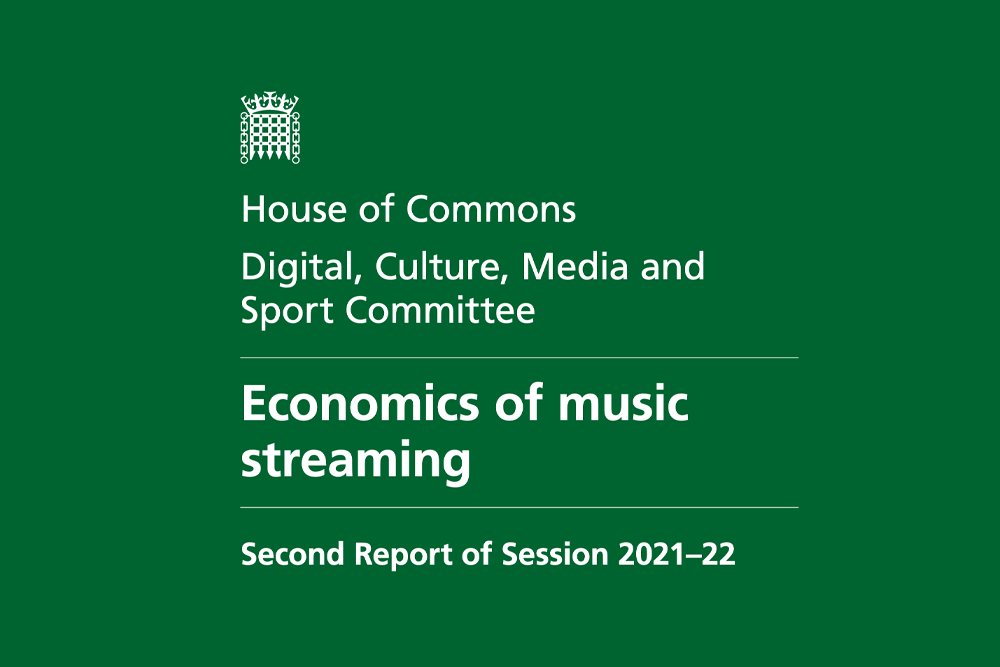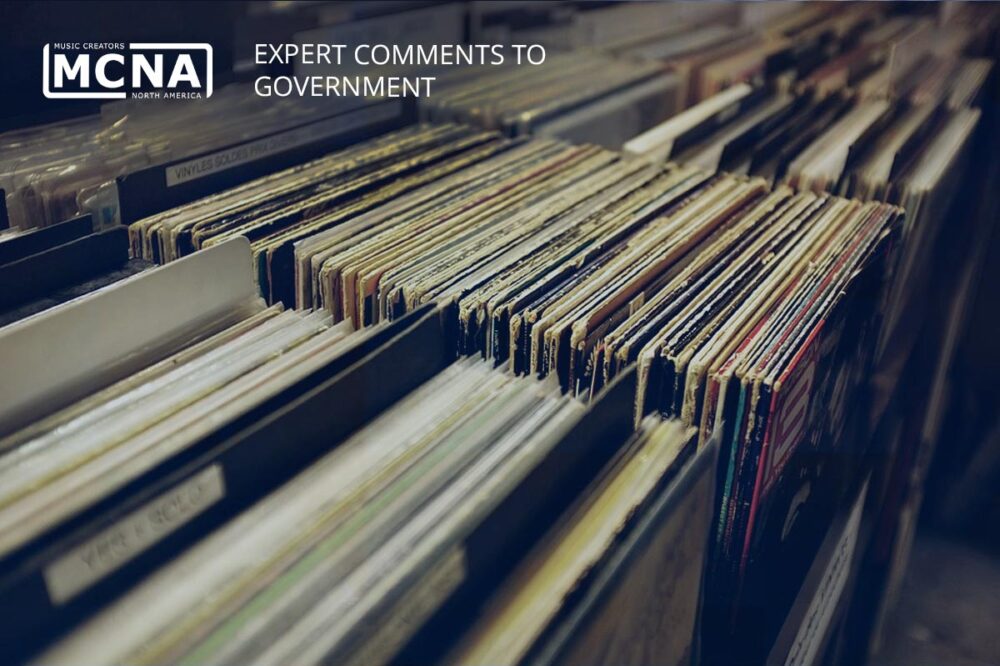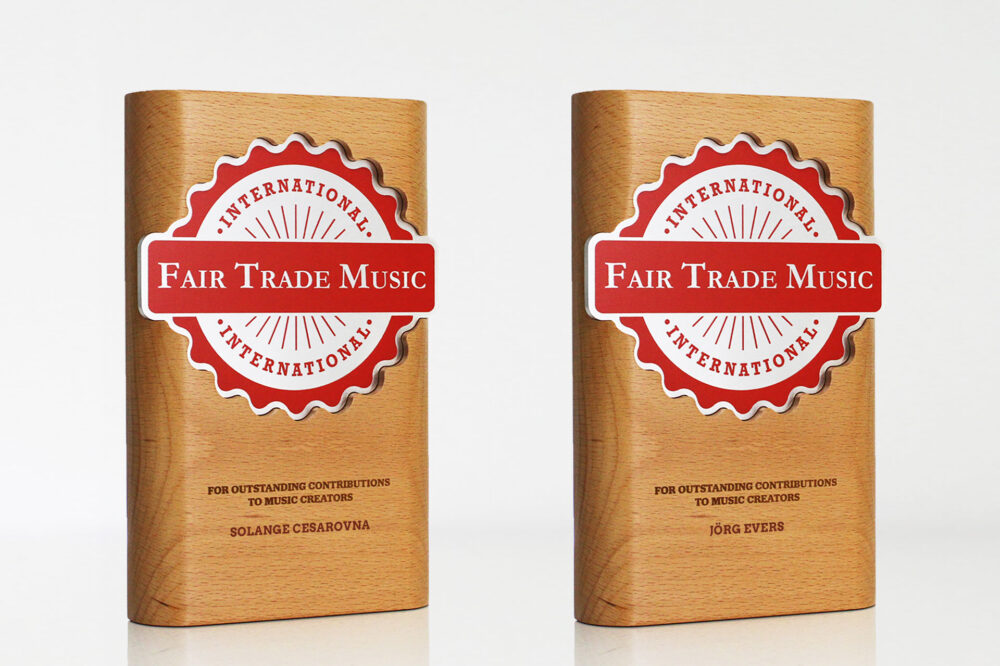After ten months of analysis, discussions and expert testimony, the UK government has released the results of its inquiry into the Economics of Music Streaming and concluded that the system “needs a complete reset”. The 122-page report lists the reasons that the music streaming model is not working and proposes a number of corrective actions that include the same equitable royalty split for music creators proposed in the 2014 Fair Trade Music study.
The UK Digital, Culture, Media and Sport Committee interviewed renown songwriters such as Nile Rogers, Fiona Bevan and Guy Garvey as well as senior executives from organisations including Spotify, Apple Music and UMG. The report agreed with many of the long-standing issues voiced by music creators and defined four reasons why this economy is in desperate need of improvement:
- Even the most successful artists are receiving a “pitiful” income from the use of their work in digital streaming
- The revenues from music streaming are unfairly split between record labels and music creators/publishers
- Three-quarters of the UK recording market is controlled by just three companies
- Safe harbour exemptions are creating a value gap between the earnings of tech companies and the music creators upon which their platforms depend
This inquiry was prompted by the #BrokenRecord campaign led by British songwriter, Tom Gray and supported by many music creator organisations including The Ivors Academy and the UK Musicians Union. “The Commons DCMS report is damning,” said Gray. “It brilliantly takes each issue in turn and arrives at a conclusion on the balance of evidence.”
Recommendations from the report
The primary recommendation made by the report is for the government to immediately enact legislation to apply equitable remuneration to streaming revenues. It proposes revenue parity for music creators and highlights the need to support new and independent songwriters with a sustainable livelihood. It also proposes that the UK government’s Competition and Markets Authority conduct a full study into major label dominance and that the Advertising Standards Authority develop a code of practice for playlist curators to ensure transparent and ethical decision making.
The final recommendation addresses the competitive challenge stressed by a number of the streaming companies. In response, the report asks the UK government to introduce robust measures to address concerns on safe harbour and “normalise licensing arrangements for user generated content hosting services”.
In clarifying this position, the report states that “streaming has undoubtedly helped save the music industry following two decades of digital piracy, but it is clear that what has been saved does not work for everyone. The issues ostensibly created by streaming simply reflect more fundamental, structural problems within the recorded music industry. Streaming needs a complete reset.”
Highlighting a global issue
While this is a UK government inquiry, much of the testimony came from international songwriters and executives of global organisations. The issues being discussed are very similar to those in other countries where music streaming is struggling to provide a livelihood for creators. Just one week earlier, the US copyright office made a number of best practice recommendations to the Mechanical Licensing Collective that included delaying a “market share” style distribution of royalties for musical works whose owners have not yet been identified. This $424m in accrued historical unmatched royalties comes from digital service providers such as those reference in the UK inquiry report.
A summary of the UK government report is available here.




